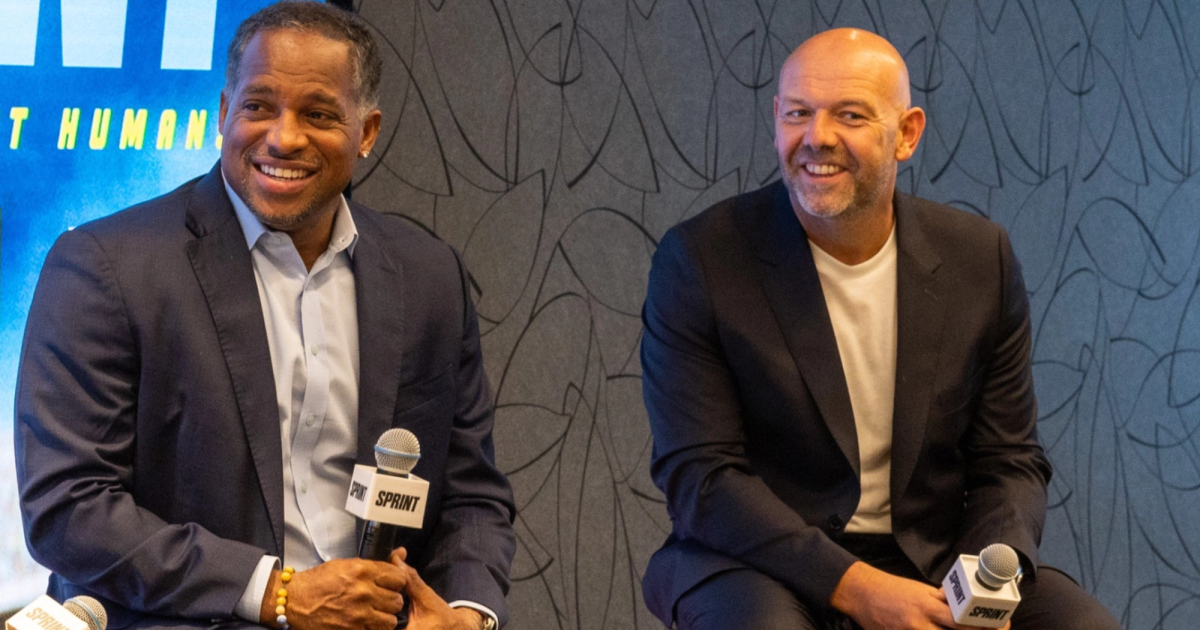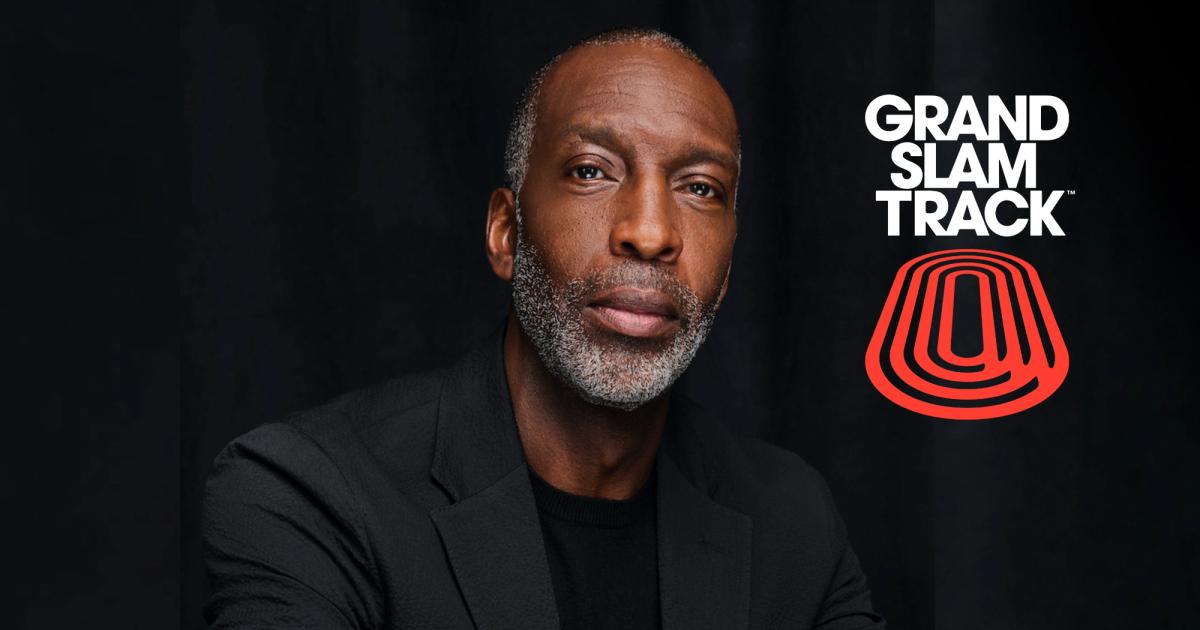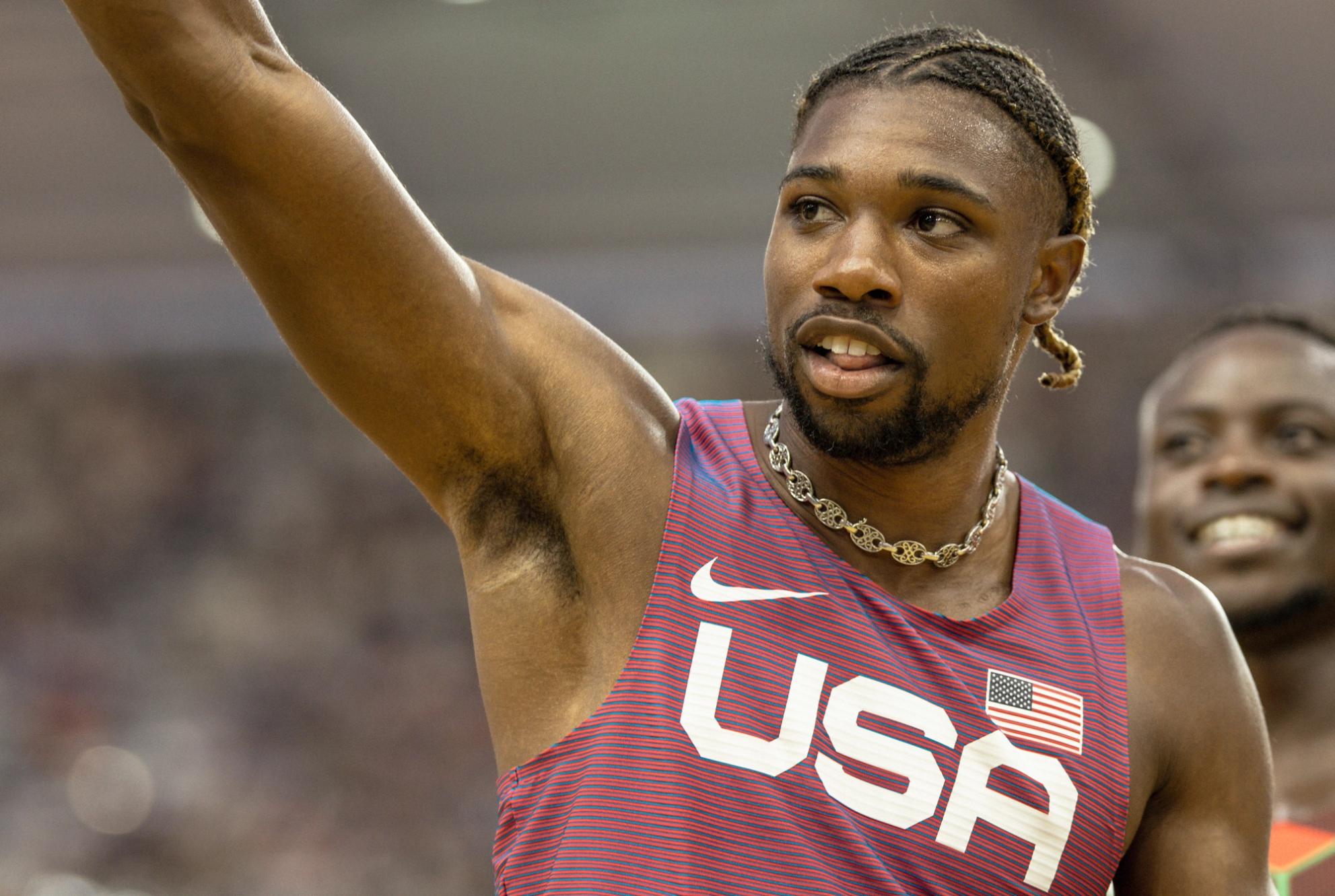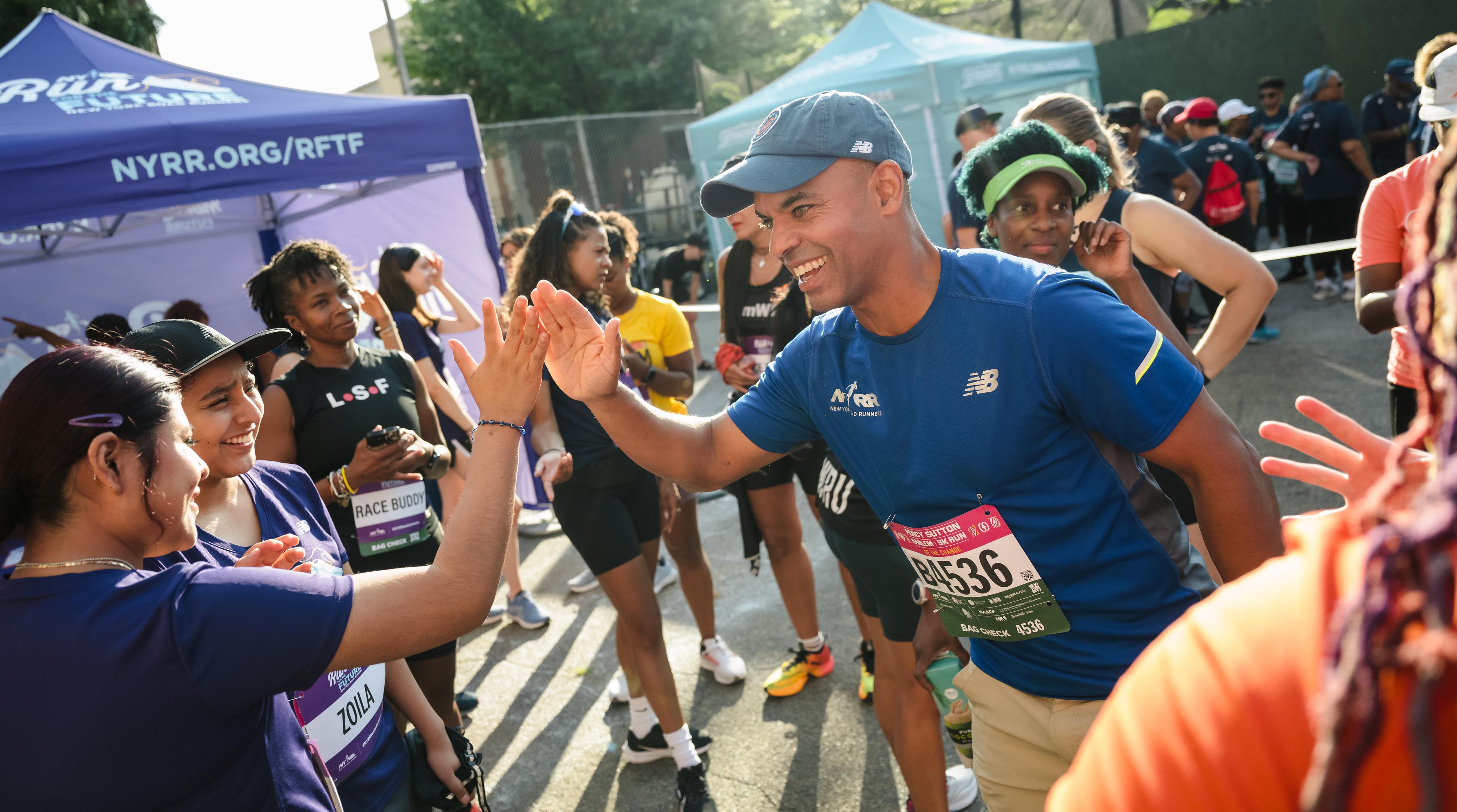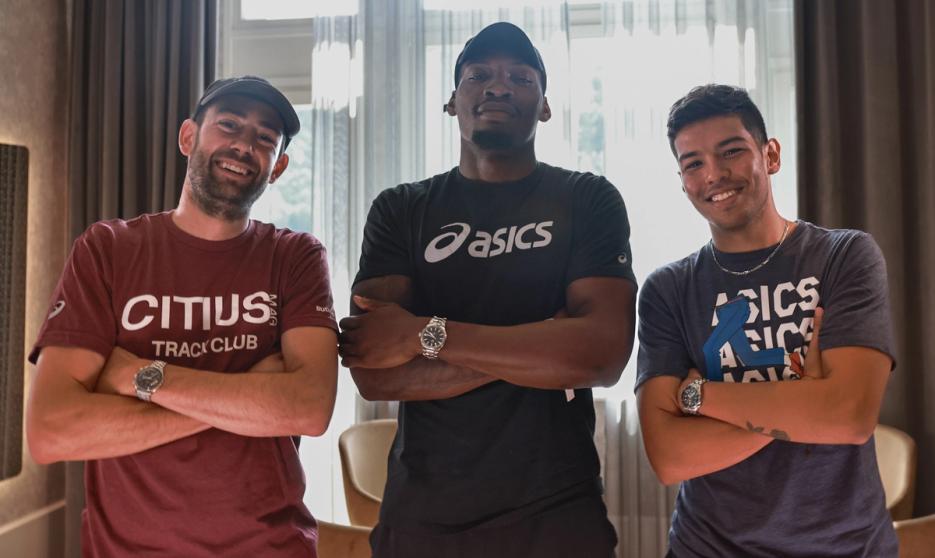July 6, 2024
Listen
"What you realize is this sport is probably won and lost in those moments right before, it’s won and lost on the line, it’s won and lost when the gun goes off. It's all about projecting your presence onto your biggest competitor."
Paul Martin is the co-founder of Box to Box Films, the production company behind the hit Netflix sports documentary series including Drive to Survive and Full Swing. Track finally got its version as SPRINT was released on Netflix on July 2nd.
In this episode, we discuss the making of the series; the Netflix effect that people talk about in sports and what were some of the challenges in capturing an individual sport like track, which has tons of stars who could pop out of nowhere. Plus: Is a middle distance series on the table?
The following interview excerpt has been edited lightly for clarity. You can listen to the full interview with Paul Martin on the CITIUS MAG Podcast – available on Apple Podcasts, Spotify or wherever you get your shows.
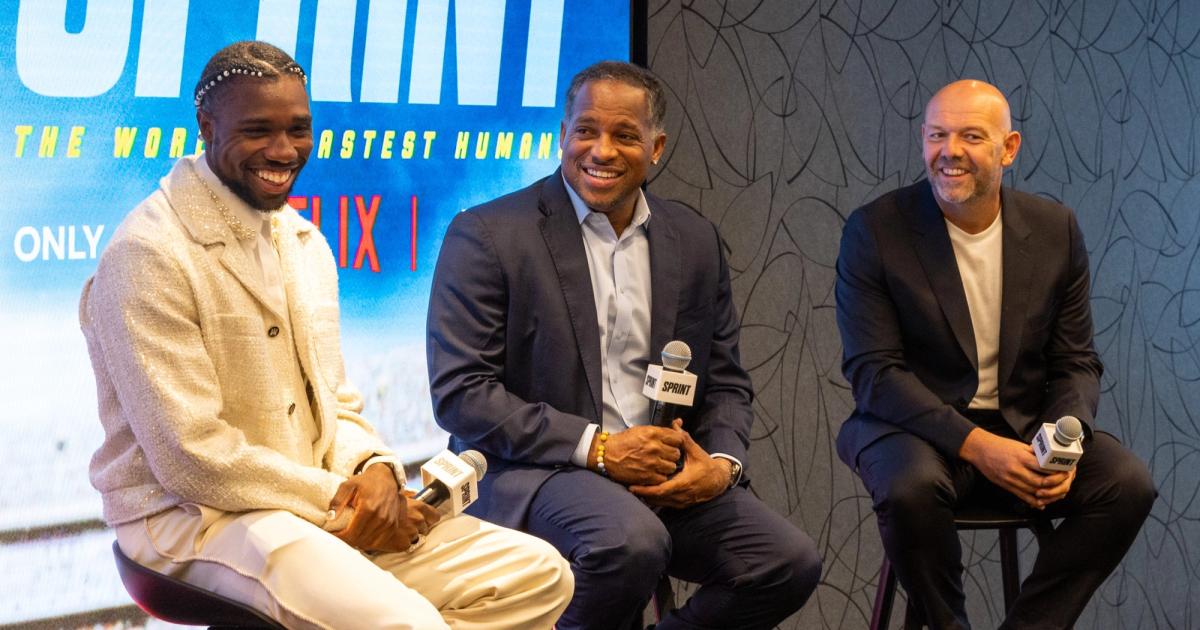
On how co-founders Paul Martin and James Gay-Rees transitioned into athletics for their next documentary series:
Paul Martin: I think with athletics and with SPRINT, we felt from a really early stage with the show that there was something special to be done. I think in terms of where it came from, it really just came from a conversation that we had with Netflix. We were at lunch one day with those guys and we were talking about all the different leagues and all the different sports. Someone around the table was like, ‘What if you do something in athletics? The hundred meters is the simplest sport to wrap your head around. Eight athletes on a start line, the gun goes off, and whoever gets to the end first wins.’ And we were like, ‘That's amazing.’
What Paul finds most compelling about athletics:
Paul Martin: From a sports perspective, people should just embrace the fact that there's competitive races. There's an unpredictability to them. That's what I love about sport. I don't like to know, ‘It's going to be one of those three guys,’ or, ‘It's going to be that guy, or it's going to be that girl.’ I love the fact that you might just find new heroes and new people to root for.
Paul on the behind-the-scenes of creating SPRINT:
Paul Martin: Sprinters are just this A-type. Because they have to be. What you realize is this sport is probably won and lost in those moments right before, it’s won and lost on the line, it’s won and lost when the gun goes off. It's all about projecting your presence onto your biggest competitor. As soon as we got into it, these guys didn't hold back, whether it was Noah (Lyles) or Fred (Kerley), whether it was the rivalry between the Jamaican women, it was all there and none of them held back with it. As a producer, that stuff is gold. We just continued to film through the season at various Diamond League events, doing shoots – whether in Rome with Marcell (Jacobs), with Fred, with Noah and his mom, who's an amazing character…
We followed them right through to the World Championships in Budapest. The plan was to stop, break down for a while, and then pick up ahead of the Olympics. But then my point was that for some of these people, particularly Noah and Sha'carri (Richardson), their lives changed in Budapest. Noah was suddenly a legitimate 100 meter runner, which in the build up to Budapest there had been doubts about…
And Sha'carri was just incredible. Their lives changed. We made the case that we should just carry on because now you're starting to see the impact of what it’s like when you win a gold medal at the World Championships.
Paul’s thoughts on branching out to other areas of track and field for a follow-up docuseries:
Paul Martin: What's going on in some of the distance events at the moment is incredible. Hopefully the success of this will open up the aperture to be able to look at those other events, because I think that they're definitely worthy of that kind of examination. But we had to start somewhere… We just felt that the 100m and the 200m were such great starting points for people. They’re quick and easy to understand and they’re great characters – but let's use that as a way to get people talking about athletics, get people talking about Diamond Leagues, World Championships, Olympic Games. I'd love to open up the aperture of it and do more of the sport because honestly, I'm a huge athletics fan and always have been.
What Paul loves most about sports:
Paul Martin: It’s what it's all about in sports. It’s that competition. The greatest stories in sports are always those unexpected wins. I always say to people, ‘Whenever you're making these shows, you need luck to go for you and you need results that maybe you weren't expecting.’ We have that with Lando (Norris)'s win a couple of weeks ago that nobody really saw coming. That helps us as producers, if we can stand those stories up.
Paul on the importance of highlighting the athletes’ personalities in his docuseries:
Paul Martin: I think it's just getting the personalities out there, because they're there. It’s hard not to find Noah incredibly likable but just a hugely fierce competitor as well. And then Fred on the other end of it – again, fierce competitor, but very different personality from Noah. I think for us it's about getting those stories and getting those people out there, because that's what changed Formula 1. It wasn't a case of suddenly everyone being like, ‘Wow, I've never watched a race before and now I've watched a race and I really love it.’ The races never changed, but suddenly you just felt a connection.
Time Stamps:
- 3:56 - The impact that Formula 1: Drive to Survive has had on Paul’s career.
- 8:57 - How Paul and James transitioned into athletics + what made it compelling to them.
- 14:12 - What Paul loves most about today's sprinters + why he wants to share their stories.
- 19:46 - How Paul was able to get the biggest sprint stars onto the show.
- 23:00 - The timeline of how season one came together.
- 28:54 - Why Paul chose to hone in on sprints first as opposed to other areas of track and field.
- 32:27 - Elements from Drive to Survive that could help track and field break into the mainstream.
- 36:01 - Ideas on how to make following along track and field more engaging.
- 41:04 - The moment in SPRINT that Paul found the most emotional.
Support The Sponsor

PUMA
Meet the Deviate NITRO™ Elite 3, PUMA’s lightest raceday shoe ever designed for those who want to stand out. Packed with PUMA’s innovative NITROFOAM™ Elite for superior energy return and a stiffer carbon fibre PWR Plate for maximum speed, this shoe is all about race day performance. Shop and learn more here.

OLIPOP
For the past year, we’ve redefined Olipop as more than just a healthy drink known for its gut microbiome with a low sugar content and a much better alternative to regular soda. You know there are more than 16 flavors, including classic root beer, cherry cola, and lemon-lime. You know it as The Runner’s Soda. Use code CITIUS25 at DrinkOlipop.com.

Chris Chavez
Chris Chavez launched CITIUS MAG in 2016 as a passion project while working full-time for Sports Illustrated. He covered the 2016 Olympics in Rio de Janeiro and grew his humble blog into a multi-pronged media company. He completed all six World Marathon Majors and on Feb. 15th, 2025 finally broke five minutes for the mile.
